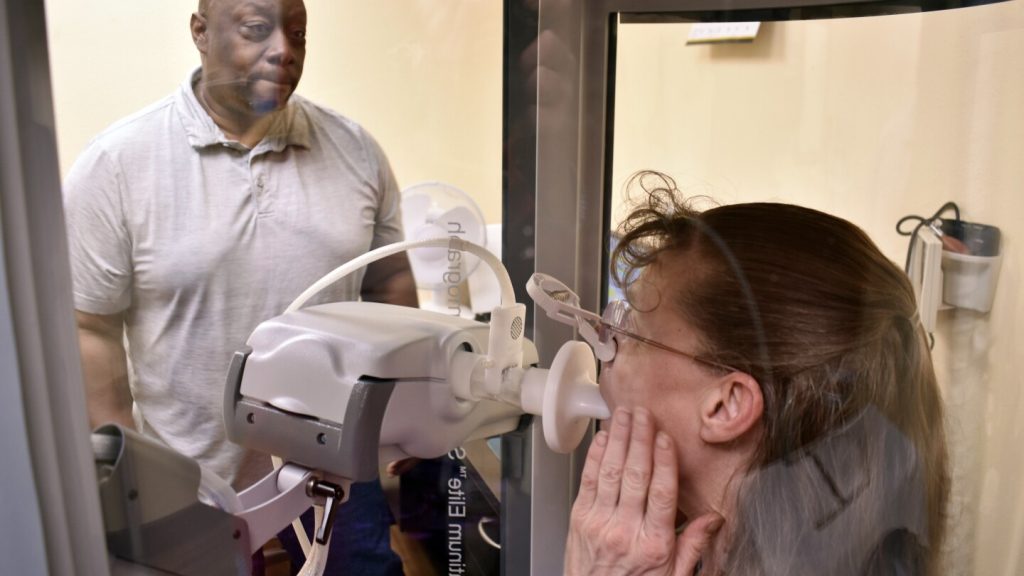A federal jury in Montana has found that BNSF Railway contributed to the deaths of two individuals who were exposed to asbestos decades ago in the town of Libby, where contaminated mining material was shipped. The jury awarded $4 million each in compensatory damages to the estates of the two victims who died in 2020. Family members of the victims expressed relief at the ruling, with one stating that no amount of money could replace the loss of her sister to mesothelioma, a rare lung cancer linked to asbestos exposure. However, the jury did not find that BNSF acted intentionally or with indifference, so punitive damages were not awarded.
The pollution in Libby stemming from asbestos contamination has been cleaned up at public expense, but the effects of asbestos-related diseases continue to impact residents given the long timeframe over which these illnesses develop. Numerous lawsuits have been filed against BNSF Railway related to its operations in Libby, with residents seeking accountability for the asbestos exposure that has led to the deaths of hundreds of people and sickness in thousands more. The recent case in federal civil court over the deaths of the two victims is the first of these lawsuits to reach trial, marking a significant moment for the community.
The railroad has stated that it is considering an appeal of the verdict and described the case as a “very sad” one. BNSF’s attorney argued during the trial that the employees were unaware of the health hazards associated with the asbestos-tainted vermiculite and that they were obligated under law to ship the product. While the railroad’s experts suggested that the plaintiffs could have been exposed to asbestos elsewhere, residents of Libby have described how dust from the rail yard contaminated the town, leading to widespread health issues.
Former residents of Libby, like Bill Johnston, who have been diagnosed with asbestos-related diseases, welcomed the substantial award given to the victims’ estates. Johnston recalled playing in piles of vermiculite at the rail yard as a child and expressed frustration that others knew about the health risks but did not take action. The merging of Burlington Northern and the Santa Fe Pacific Corporation to form BNSF in 1995 has further complicated accountability in the case, with the involvement of W.R. Grace, the company that operated the vermiculite mine near Libby, also playing a significant role in the tragedy.
The presence of W.R. Grace in Libby’s history was a central focus during the BNSF trial, with the chemical company’s separate liability repeatedly emphasized to the jury. Despite federal prosecutors indicting W.R. Grace and its executives in 2005 over the contamination in Libby, they were acquitted after a trial in 2009. The Environmental Protection Agency declared a public health emergency in Libby in 2009, making it the nation’s first ever Superfund cleanup program site. Another trial against BNSF Railway over the death of a Libby resident is scheduled for May in federal court in Missoula, underscoring the ongoing legal battles related to the town’s asbestos contamination.


